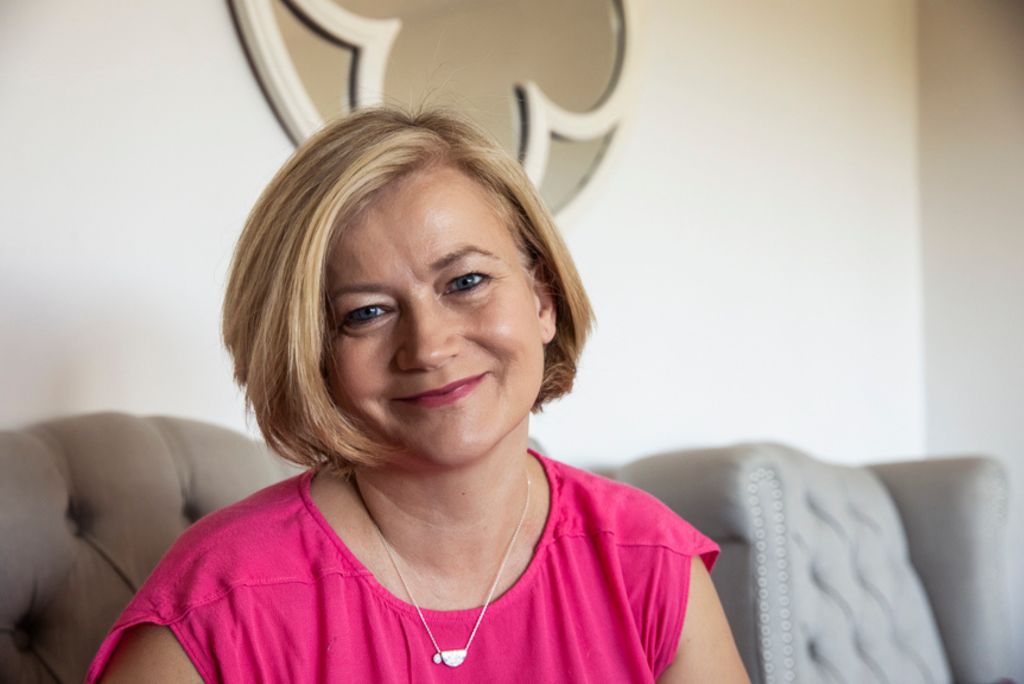Manildra Group Supports Cure for Children’s Care
A rare type of paediatric cancer that develops in the nervous system, Neuroblastoma is the leading cause of cancer deaths in children under the age of five, a statistic that Neuroblastoma Australia is one step closer to changing with Manildra Group’s support.
“Neuroblastoma Australia’s mission is to raise vital funds for research into this rare disease. And Manildra Group’s continued generous support over a five-year period ensures that this leading research comes to fruition,” Neuroblastoma Australia co-founder Lucy Jones said.
“The current available treatments adversely and detrimentally impact the long-term health of the child, and are known to cause hearing loss, infertility, organ issues and secondary cancers.”
Neuroblastoma Australia primarily funds pre-clinical research, with these projects exclusively selected by a team of experts on the Neuroblastoma Scientific Advisory Board.
“Every child deserves to grow up and live a long and healthy life. We are proud to support Neuroblastoma Australia in their mission to find a cure for this rare paediatric cancer, and ensure every child grows up living a long and healthy life,” Manildra Group Director Caroline Honan said.
Under-funded and under-researched, Neuroblastoma grows in immature nerve tissue (neuroblasts) in the adrenal glands with the average diagnosis two years of age, and survival rates as little as 50 per cent with aggressive types of Neuroblastoma.
Manildra Group recently financed a research project focused on a gene Telomerase Reverse Transcriptase (TERT), which if found in Neuroblastoma tumours significantly increases the aggressive extremity of the cancer, with survival rates as little as 15 per cent.
Conducted by Associate Professor Tao Liu at the Children’s Cancer Institute, it “revealed remarkable opportunities to stop this gene from driving tumour growth.”
Ms Jones said research was being undertaken identifying drug combinations to target these specific genes, with the charity hopeful it will lead to a world-first clinical trial.
“It’s promising news which may help save children diagnosed with this type of high-risk Neuroblastoma,” she said.
To make donations visit www.neuroblastoma.org.au
